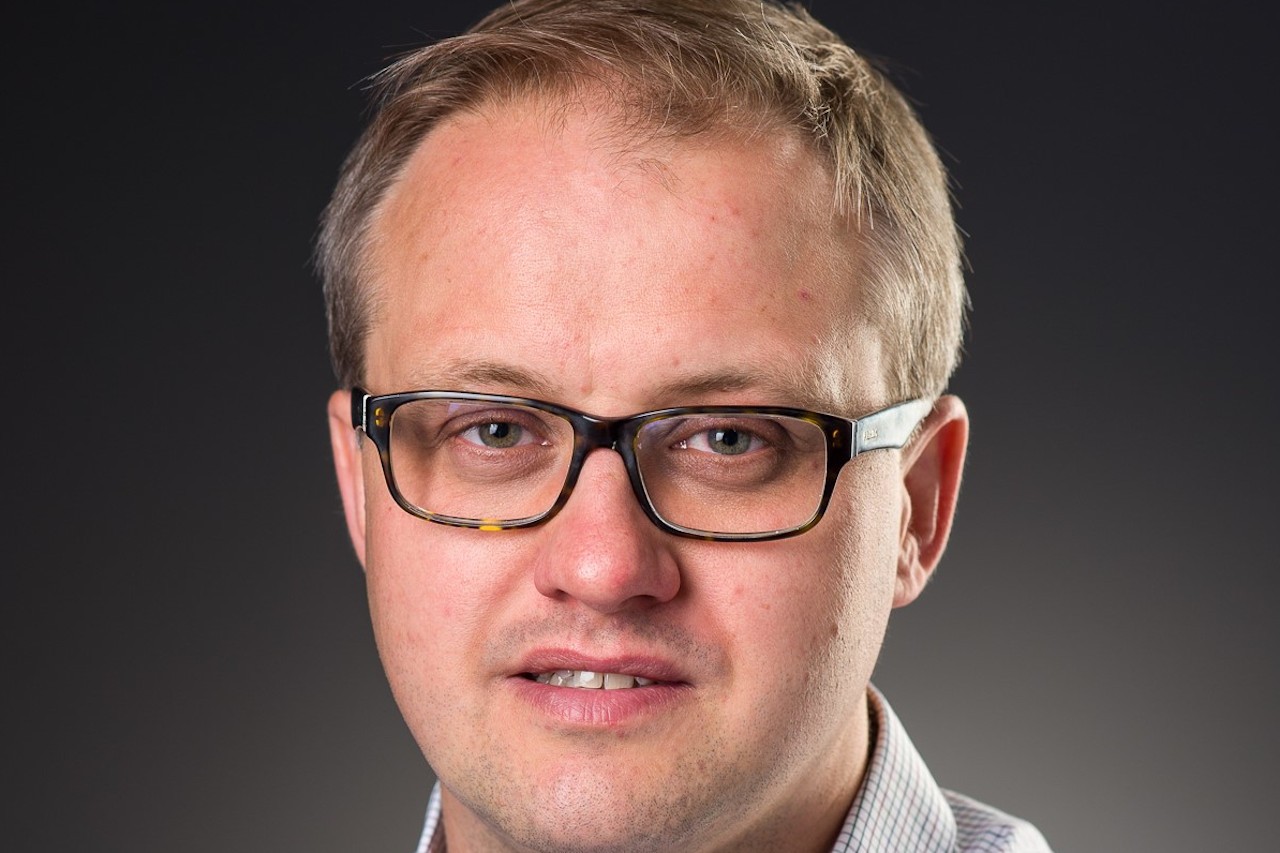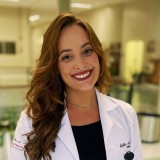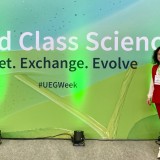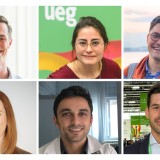Young GI Blog
Originality, good relationships, and a bit of strategy – Rising Stars 2020
August 31, 2020

Making conscious choices regarding his research activities and being intentional and appreciative in his professional relationships were crucial ingredients to Espen Melum’s success. Today, the Rising Star 2020 has become an expert on IBD and transplant hepatology. His mentor Tom H. Karlsen challenged and supported him on his way to academic independence and excellence.
Interview by UEG National Societies Committee
When and how did you become affiliated with your national society, and what have been your contributions so far?
Espen: I became affiliated with the Norsk Gastroenterologisk Forening (NGF) when I started research in gastroenterology, several years before starting clinical training in the field. I joined NGF because it is an important association in Norway, facilitating interactions between researchers and clinicians who are interested in gastroenterology. I have been contributing scientific abstracts and presentations to the association’s annual meetings for several years, and have been an invited speaker at educational meetings on the topic of liver diseases.
Tom: Espen has been a frequent attendee of the NGF annual meeting, which takes place every winter at a skiing resort near Lillehammer. He and his students have provided regular submissions to the abstract sessions of the meeting.
When did you first hear about the Rising Star Award, and how did you decide the time was right for you to apply?
Espen: The first time I heard about the Rising Star Award was when a German colleague won it some years ago. Based on his achievements at the time, I applied when I felt I had attained the same level in terms of achievements.
Tom, how did you estimate – or even assess – Espen’s chances of being awarded?
Tom: Espen is one of the most talented, junior Norwegian researchers within the field of gastroenterology. So, to me, his nomination was obvious. Of course, the competition is tough at the European level, but I am not surprised about his achievement.
Espen: It is very difficult to assess or estimate the likelihood of being given such a prestigious award, and I did not do a formal assessment before applying, but based on my achievements in recent years, I hoped that I had a fair chance. When I applied for the Rising Star preselection by NGF, I learned that applications are evaluated by a carefully selected panel of six of our board members, most of whom are senior consultant gastroenterologists, and half of whom have a PhD (M.D., Ph.D.). The panel consists of three male and three female members, with a geographic distribution representative of all of Norway. They adhere to the following criteria: evaluation of scientific publications, achievements such as received grants, awards and establishment of research group. On occasions where there are two or more scientifically comparable candidates, they aim to support female candidates, and those from scientific environments which have not recently had nominees.
What is your approach to career development - are you more of a strategic planner, or do you grab opportunities along the way?
Espen: I would say a little bit of both. I have had a clear goal regarding where I am heading but have grabbed some good opportunities along the way as well. When opportunities come up, I always critically evaluate the pros and cons and how they fit with my overall goals. It is important to also turn down some opportunities, even if they are good.
What is your approach to promoting young talents? What has worked for you so far?
Tom: I have followed Espen since being his main supervisor for his PhD thesis throughout his postdoctoral and postgraduate training. As for all students with a talent sufficient to take them to academic independence, I think it is important for a mentor to provide exactly that: independence, freedom and responsibility – to allow for senior roles, both in projects, papers and supervision. Espen has mastered these challenges very easily, and it is great to see him now qualified for top level academic positions.
What are some strategies to work around limited financial resources and achieve the track record it takes to become a Rising Star? Can you identify other key aspects that drive career development?
Espen: The most important resource is your own drive and motivation to do research, and in a setting of limited resources you need to set the right priorities regarding what kind of research you do. If you demonstrate the ability to be creative and still manage to get good research done, the chances for getting grants will increase and hopefully alleviate limited financial resources. Along the way, it is important to have good mentors that have experience in your field, both inside and outside of your institution; they will help you choose wisely regarding research priorities and how to manage internal “politics”.
Tom: I think the team and collaborative environment are crucial for the success of any researcher. To have access to discussion partners, methodology and collaborative resources – locally, as well as internationally - is not only useful but, I would say, necessary to succeed as a researcher in 2020.
The Rising Star Award is very prestigious, and the Rising Stars receive a lot of well-deserved recognition. What would you like to say to younger colleagues or peers who are at risk getting “star-struck” when they look at you and your achievements?
Espen: It is very important to keep doing what you are interested in and where you can see that you can make contributions. Do not be too strategic, maintain a good relationship with your colleagues and have fun at work.
Tom: I would encourage everybody to focus on their own ideas, their own competencies and their own track. Do not get distracted by what others do, only by pursuing your own ideas your research will become original and impactful. Finally, you have to work hard. At the top level, everybody is good, and what makes the difference is how hard you work – and a little bit of luck.
What sparked the passion for your specialty, and which of your findings are you most eager to share with the larger GI community?
Espen: I was fascinated by the field since medical school, especially by the interaction between the immune system and the environment in causing diseases. This relates both to IBD and transplant hepatology, which is my clinical niche. In my own research, I have been particularly interested in how the immune system in the bile ducts are functioning, and I believe our recent findings on the role of unconventional T-cells will turn out to be important.
How does Espen’s research stand out to you?
Tom: I think his broad range of competencies from very basic immunology and genetics to clinical research, including registry studies, is what makes him the expert that was deserving of this award. Very few clinician scientists are able to handle such a broad spectrum of methodology.
Want to become our next Rising Star? Application for Rising Star Awards 2021 is open until September 10, 2020.




Please log in with your myUEG account to post comments.